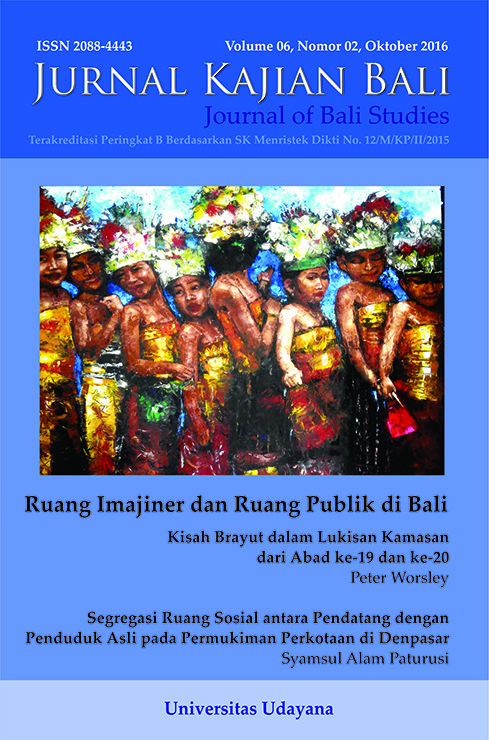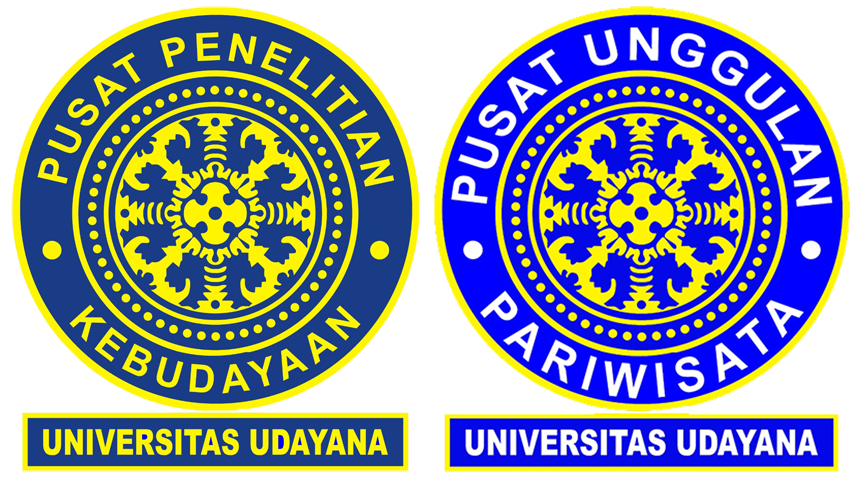Paradigma Kepariwisataan Bali Tahun 1930-An: Studi Genealogi Kepariwisataan Budaya
Abstract
This article analyses the connection between Baliseering discourse and the practice of Bali`s cultural tourism by applying the theory of hegemony from Gramsci and genealogy from Micheal Foucault as tools of analysis. It is very interesting topic to analyses especially in relation to the reconstruction of Baliseering discourse, the power knowledge emerged from Baliseering discourse, the articulation of it to open the space of Bali as historical cultural. Research shows that Baliseering is colonial discourse constructed by the Dutch government having purpose, such as: (a) to stem the influence of nationalism and moslem radicalism movement from Jawa; (b) to utilize the unique conservative tradition and historical cultural landscape as tourist attraction. On the other hand, there were modern elites who had ideology called anti colonial discourse. They consisted of Balinese youth who had finished their study in Java brought modern thought. They applied soft struggle by establishing social, cultural and religious organization called Bali Darma Laksana (BDL). They criticized the Baliseering discourse as deceptive instrument by glorifying the conservative unique tradition and culture in order to create dissension among Balinese people.Downloads
Download data is not yet available.
Published
2016-10-24
How to Cite
SENDRA, I Made.
Paradigma Kepariwisataan Bali Tahun 1930-An: Studi Genealogi Kepariwisataan Budaya.
Jurnal Kajian Bali (Journal of Bali Studies), [S.l.], v. 6, n. 2, p. 97-124, oct. 2016.
ISSN 2580-0698.
Available at: <https://ojs.unud.ac.id/index.php/kajianbali/article/view/24896>. Date accessed: 20 feb. 2026.
Section
Articles
Keywords
genealogy, hegemony, Baliseering, Bali tourism

This work is licensed under a Creative Commons Attribution 4.0 International License.



















